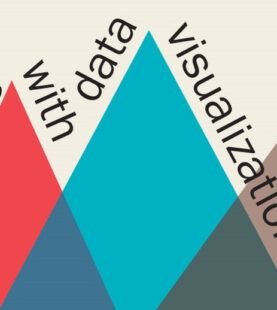Environmental Statistics for CARICOM
In this course you will be introduced to statistical policy and methods of sampling and statistical inference useful in environmental science and resource management in the Caribbean Region.
Free
- Analysis of Census and other large data, Data analysis using software
- 3 (Registered)

15
Sep
Free
Course Description
In this course, you will be introduced to statistical policy and methods of sampling and statistical inference useful in environmental science in the Caribbean Region. The course consists of recorded lectures and supporting materials and will focus on the following four modules:
Module 1: Environmental Issues
Module 2: Traditional Statistical Methods
Module 3: Environmental Monitoring
Module 4: Impact Assessment
Learning Outcomes
Upon completion of this course, students should:
- Appreciate the importance of statistics in environmental management.
- Outline policy and process for developing regional environmental statistical data
- Know various sampling designs, statistical models and statistical techniques used to make inferences and draw conclusions from sample data.
- Acknowledge environmental changes and its impact.
- Demonstrate correct usage of statistical tools having special application in environmental and resource management.
- Appreciate the use of Statistical Software to perform processing of data
Requirements
- PREREQUISITES: Introductory Statistics for CARICOM
Features
- This course was developed by University of Technology (UTECH) and is a component in the Program: Professional Certificate in Applied Statistics
Target audiences
- Anyone with an interest in Environmental Statistics
FAQs
You will be introduced to statistical policy and methods of sampling and statistical inference useful in environmental science in the Caribbean Region.
This is an individual self-paced course consisting of recorded lectures and supporting materials, where you will engage directly with the course resources and activities on your own time and at your own pace.
You should expect to take up to 45-hrs to complete this course
eCISTAR provides an online Help Desk forum for each course, where participants can ask questions or discuss issues relating to any aspect of the course content. Access the forum at the top right of the course overview page.






